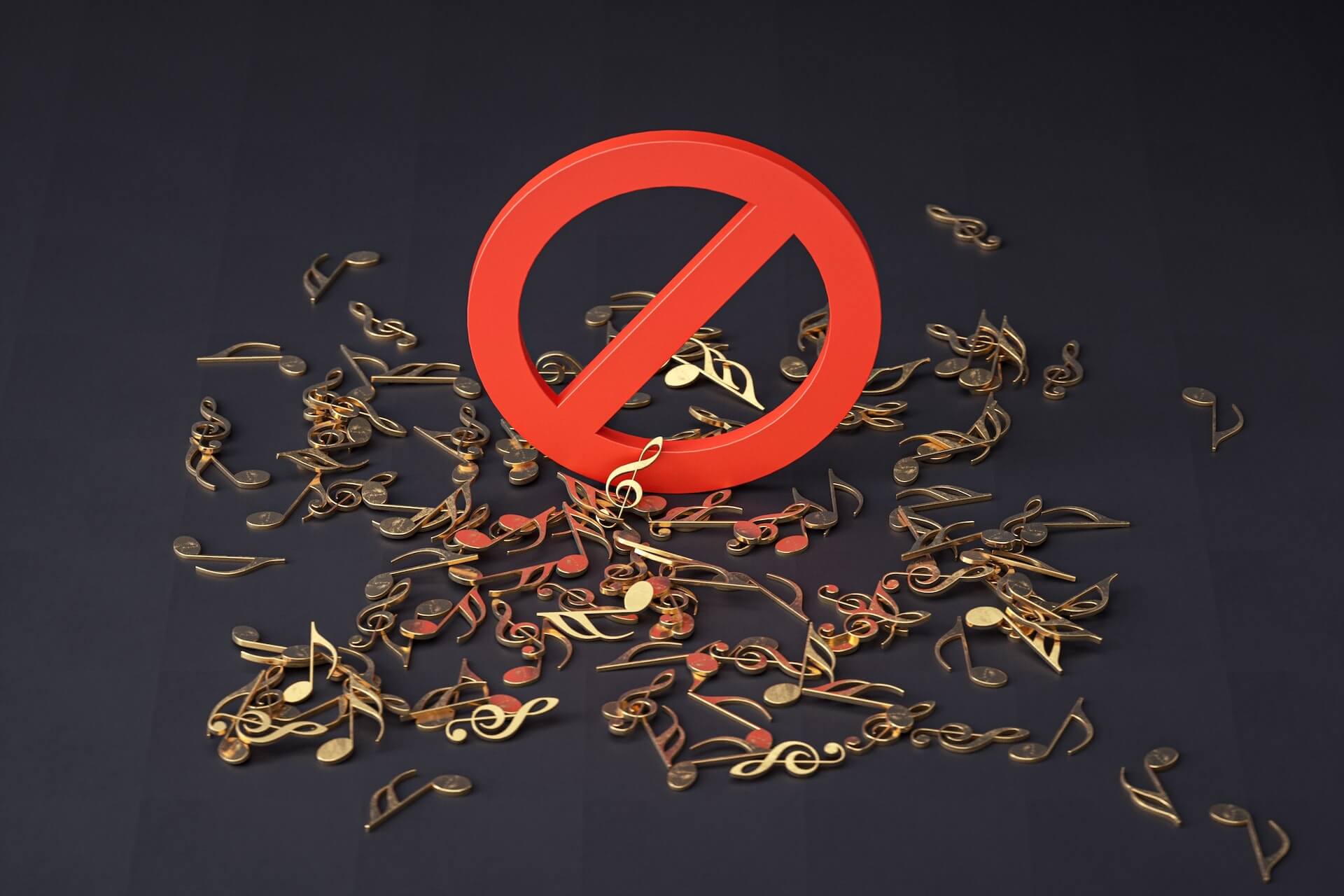Blog
Is any music truly copyright-free?
"She sued Barney for divorce / Now he's living with his horse."
You might think "To hell with it!" and take it upon yourself to hunt down 100% no-copyright music. Something completely, genuinely, inarguably free to use. Do tracks like that actually exist? Yes! But Rose and Conrad's 1923 comedy song "Barney Google" (quoted above) might not be the kind of thing you were looking for.
Like most legal matters, copyright law is unimaginably complicated, but broadly speaking, in the case of the US, the copyright to the words and music of a song elapses 95 years after it was published, so "Barney Google" is now all yours. As of 2023, in the US you have access to music written in or before 1927. In most other countries, you have to wait until 70 years after the death of the songwriter(s) before you can exploit their work.
Even if this doesn't seem limiting to you (we admire your vision!), it's crucial to remember that we're talking only about publishing rights here; they cover the words and music to a song. So you can perform the song yourself, but you can't use someone else's recording of it.
An individual recording of a song has a copyright all of its own, called a master right. It should be noted that there are virtually zero sound recordings (at least ones published in the US) that are in the public domain. For example, anything published before 1946 won't be copyright-free for 100 years.
In short, pretty much everything is copyrighted. The choice you have to make is how you're going to deal with that fact. You can buy music outright, you can buy a fixed-term license for a track, or you can subscribe to a service that offers unlimited stock music.
If you're looking for both quality and true exclusivity, Soundvase offers original music on a full buyout basis (i.e. no copyright to worry about), for maximum peace of mind.
You might think "To hell with it!" and take it upon yourself to hunt down 100% no-copyright music. Something completely, genuinely, inarguably free to use. Do tracks like that actually exist? Yes! But Rose and Conrad's 1923 comedy song "Barney Google" (quoted above) might not be the kind of thing you were looking for.
Like most legal matters, copyright law is unimaginably complicated, but broadly speaking, in the case of the US, the copyright to the words and music of a song elapses 95 years after it was published, so "Barney Google" is now all yours. As of 2023, in the US you have access to music written in or before 1927. In most other countries, you have to wait until 70 years after the death of the songwriter(s) before you can exploit their work.
Even if this doesn't seem limiting to you (we admire your vision!), it's crucial to remember that we're talking only about publishing rights here; they cover the words and music to a song. So you can perform the song yourself, but you can't use someone else's recording of it.
An individual recording of a song has a copyright all of its own, called a master right. It should be noted that there are virtually zero sound recordings (at least ones published in the US) that are in the public domain. For example, anything published before 1946 won't be copyright-free for 100 years.
In short, pretty much everything is copyrighted. The choice you have to make is how you're going to deal with that fact. You can buy music outright, you can buy a fixed-term license for a track, or you can subscribe to a service that offers unlimited stock music.
If you're looking for both quality and true exclusivity, Soundvase offers original music on a full buyout basis (i.e. no copyright to worry about), for maximum peace of mind.
